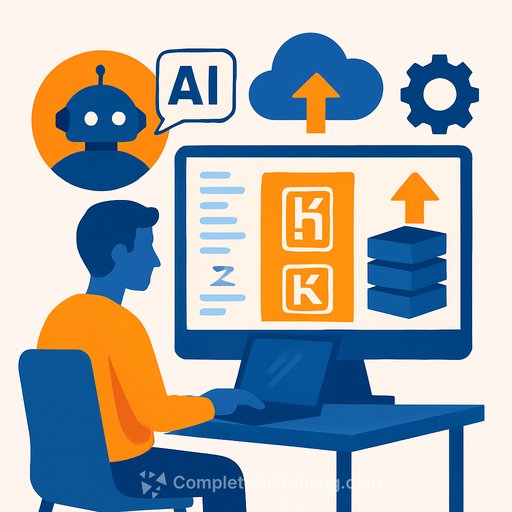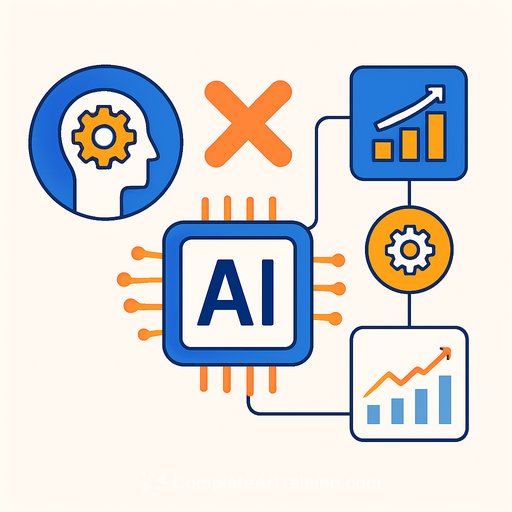Heroku’s Vision for the Future of App Development: AI, Simplicity, and Scale
App development is changing fast, and platforms like Heroku are at the center of this shift. By focusing on developers and removing obstacles between idea and launch, Heroku reduces mental load, letting DevOps teams spend more time coding and less time managing infrastructure. But as the field evolves, how does Heroku plan to keep pace and push forward its goal of simplifying complexity and streamlining continuous integration and continuous deployment (CI/CD)?
Betty Junod, Chief Marketing Officer at Heroku (a Salesforce company), highlights how AI is transforming app development. “AI impacts every layer of the stack and every part of the process,” she says. “It’s moving fast and changing the types of applications being built, creating both opportunities and challenges for developers and operators.”
Automation, Consistency, and Speed Drive Heroku’s Approach
Heroku has always aimed to make developers' lives easier by cutting through the friction that slows down turning ideas into deployed apps. The platform reduces complexity in deployment and environment setup, making the process faster and smoother.
Junod points out that while writing code is the most creative part of development, it often takes up a small fraction of developers' time. “Much of their day is spent setting up environments and handling routine tasks that slow progress,” she explains.
One key focus is DevSecOps, especially the importance of CI/CD. Heroku offers a built-in, opinionated CI/CD pipeline that follows best practices. From committing code to deploying updates, the platform automates image building, environment setup, and production promotion with consistency and governance. This allows even smaller teams to adopt enterprise-level workflows, reducing errors and accelerating release cycles.
“Developers can stay focused on delivering value to customers instead of managing pipelines,” Junod says. Heroku’s automation and auto-scaling help customers use resources efficiently based on application load, optimizing performance and cost.
Flipping Cloud Economics: Platform Economics in Action
Heroku changes the way organizations spend on cloud infrastructure. Instead of dedicating time and resources to building and maintaining plumbing, teams can rely on Heroku’s managed services and focus on modernizing their apps.
Junod describes this as platform economics: maximizing return on investment by investing in applications rather than infrastructure management. This approach frees developers to innovate and respond quickly to user needs.
For IT and development professionals looking to stay ahead, platforms like Heroku offer a path to simplify workflows, embrace AI integration, and scale applications efficiently. For those interested in expanding their skills in AI and automation within app development, exploring specialized training can be a valuable next step.
Your membership also unlocks:






